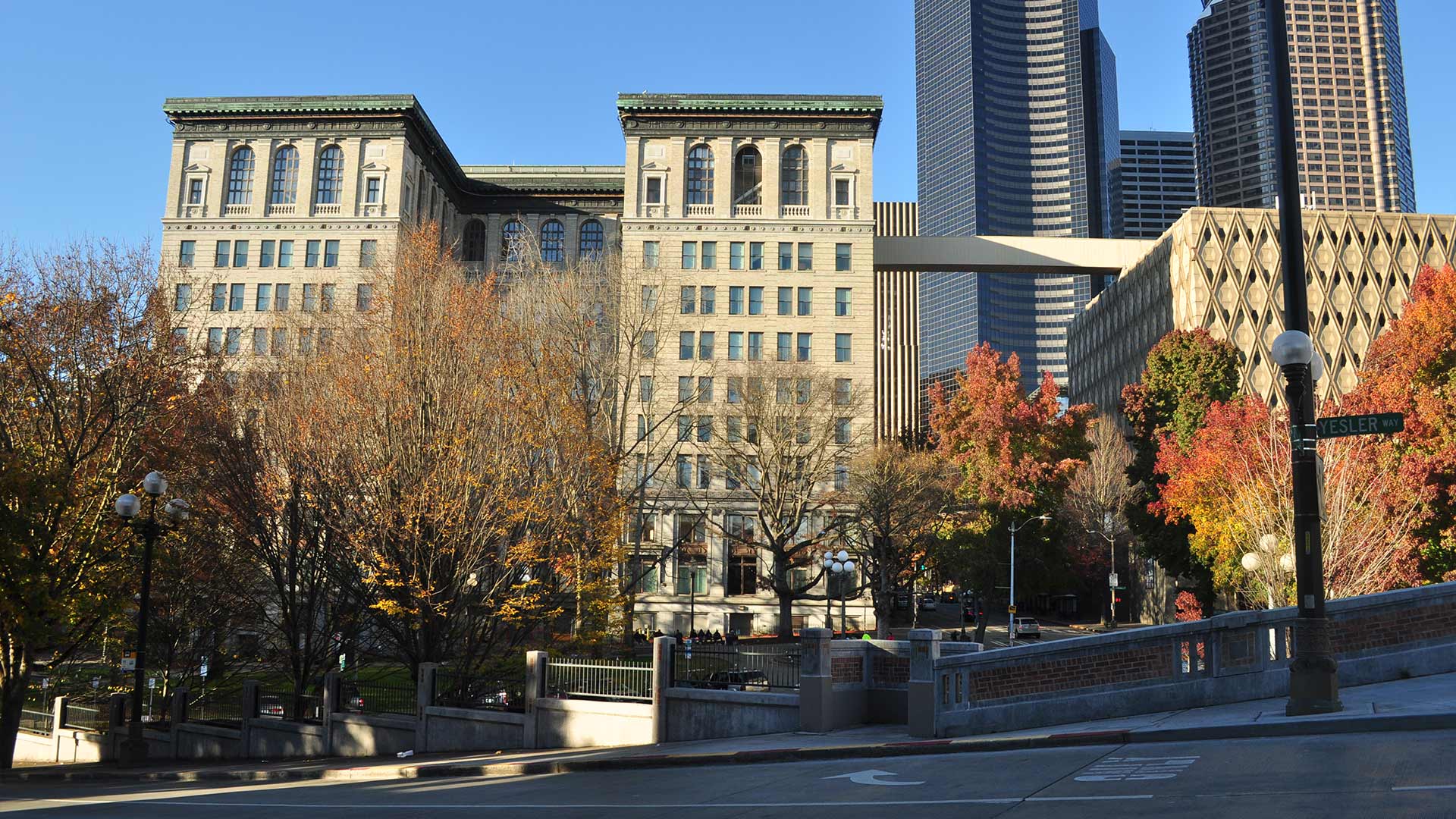
King County officials aim to clean up City Hall Park with added security and walls to deter homeless camps as part of a new plan to drive out the park’s homeless camps.
The move comes after the decision to transfer the park from Seattle to the county, which some say is a step toward solving the homeless crisis.
Officials say the park has been a hotbed of crime and increased disease risk since the pandemic. According to data from King County, Seattle police officers responded to calls in the area and conducted “premise checks” seven times more than the year before.
Officials say the park has attracted growing numbers of homeless people due to the closing of shelters during COVID-19 lockdowns. The area has seen its fair share of crimes, including an attempted rape and a fatal stabbing.
By the end of June 2021, the park was closed down by judges after protests about its public safety risks. It was then transferred from the city of Seattle to King County, which is planning to change the 0.56-acre space into a symbol that the city is taking steps to address the homeless crisis.
“City Hall Park is an indicator issue for a larger problem,” Metropolitan King County Councilmember Reagan Dunn told The Seattle Times. “I mean, can we even get a half an acre right?”
County officials plan to increase security around the space by walling it off and increasing law enforcement presence in the area.
“It is the county’s objective to avoid future encampments at City Hall Park,” King County Executive Dow Constantine’s office stated.
Dunn said the strategy to keep the homeless away would involve multiple changes.
“More security officers in place, security cameras, 24/7 surveillance, all kinds of things,” he said.
According to Councilmember Jeanne Kohl-Welles, the land transfer agreement would allow county sheriff’s deputies to patrol the park.
The county plans to turn the park into a courtyard for the courthouse instead of a housing encampment for homeless.
Councilmembers said the wall would help sheriff’s deputies monitor the park and enforce park hours.
“Not like Trump’s wall, just to be clear,” Dunn said. “But like a four- or five-foot-high brick wall that you could see through, maybe with some cool wrought iron.”
Other plans include bringing recreational activities to the park — such as food trucks and live music — to make the park safer.
The county said that while the homeless cannot sleep in the park, they will have the option to wash their clothes and take showers at the facilities.
Those who do sleep in the park will be referred to shelters by workers of JustCARE — a nonprofit that offers shelter and outreach services.
Derrick Belgarde, executive director of Chief Seattle Club, opposed the transfer.
His main concern was whether county law enforcement would be too hard on homeless individuals.
“I don’t want to criminalize homelessness, and I don’t want a police state,” Belgarde said. “I don’t want police kicking people out of parks because they’re homeless.”
Seattle Mayor Bruce Harrell has made it clear that he intends to remove encampments from the park and is pleased with the transfer.
Mayoral spokesman Jamie Housen said the park, which has been closed for the last 10 months, will reopen when the transition is complete.
“Mayor Harrell remains committed to keeping parks accessible to all and clear of encampments,” Housen said.





